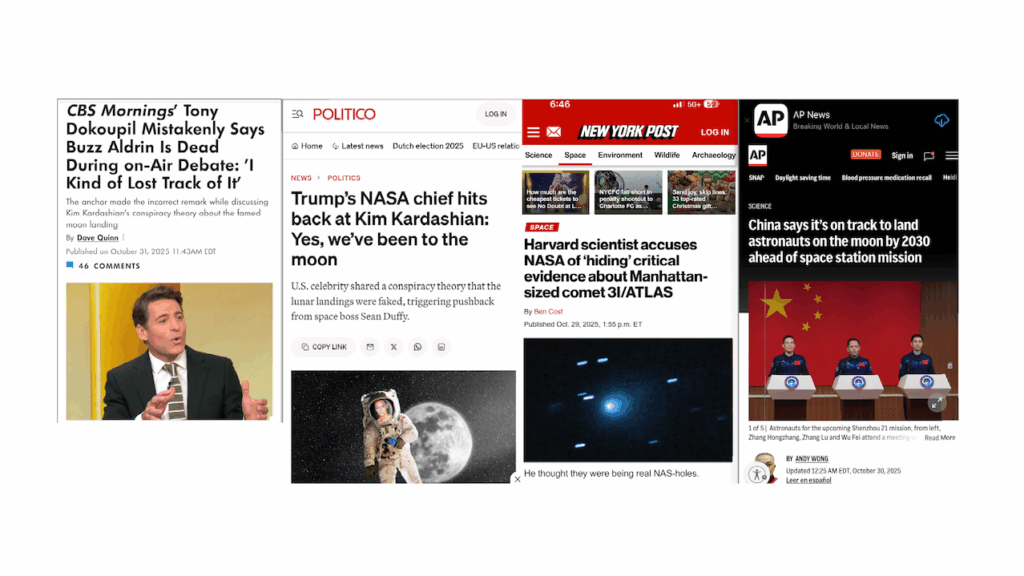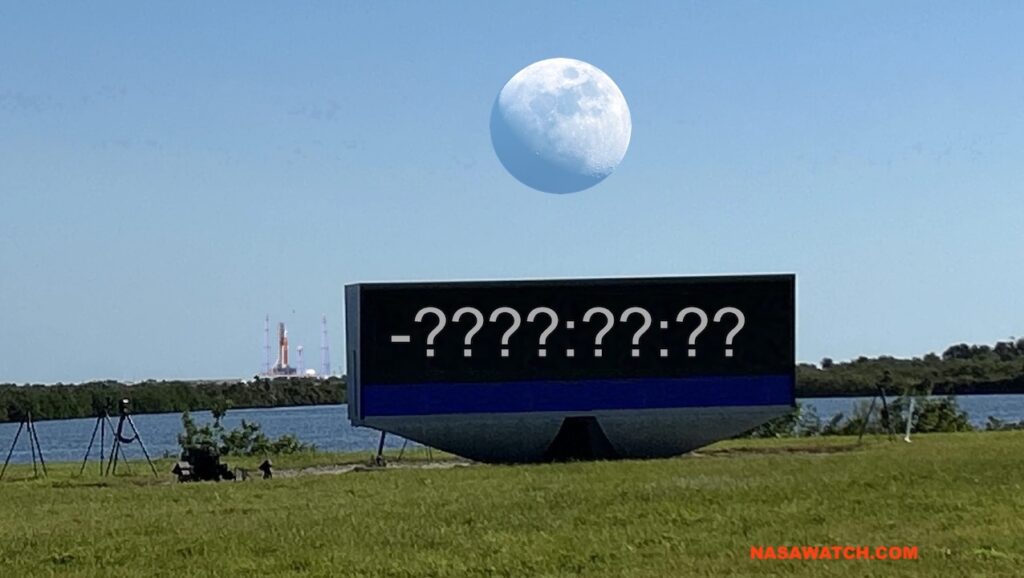Hearing: NASA's Proposal to Advance the Next Moon Landing by Four Years
Chairman Serrano Statement at Hearing on NASA’s Moon Landing Proposal
“Not even NASA’s own leadership has enough confidence in the success and safety of advancing this timeline. NASA Acting Associate Administrator Bowersox, who is a former astronaut and here with us today, referred to the 2024 moon landing date as difficult to achieve in a House Science hearing last month, saying quote “I wouldn’t bet my oldest child’s birthday present or anything like that.” Additionally, NASA’s Manager for the Human Landing System, Lisa Watson-Morgan, was quoted in an article about the timing of the mission saying, quote: “This is a significant deviation for NASA and the government… all of this has to be done on the fast. It has to be done on the quick … Typically, in the past, NASA is quite methodical … which is good. We’re going to have to have an abbreviated approach to getting to approval for industry standards for design and construction … and how we’re going to go off and implement this. So, this is a big paradigm shift, I would say, for the entire NASA community, too.” Unquote. We cannot sacrifice quality just to be quick. We cannot sacrifice safety to be fast. And we cannot sacrifice other government programs just to please the President. Before asking for such a substantial additional investment, NASA needs to be prepared to state unequivocally which NASA missions will be delayed or even cancelled in the effort to come up with an additional $25 billion.”
Budget leader says NASA’s accelerated moon mission timeline unnecessary, Huston Chronicle
“And its for political reasons that the initiative could get stalled, said Keith Cowing, a former NASA employee and editor of NASA Watch, a website devoted to space news. “Here we are, 14 months from (an election) and everyone is doing the classic thing we see here in Washington: It’s time to start either waiting people out until after the election or now is the time to strike and get something in place before change happens,” Cowing said. That’s likely one of the reasons Serrano is OK with a 2028 moon mission, Cowing said, especially since NASA programs backed by the current administration are typically gutted by the incoming president after the election.”









Yep, the NASA of the Apollo Era is indeed gone, replaced by over the hill risk adverse bureaucrats who are prisoners of their processes and procedures. No wonder SpaceX’s rate of progress and energy in building Starship seems so alien to them. They probably are wondering how SpaceX’s numerous review committees and inspection teams are able to process the paperwork on it so fast. ?
I think NASA’s unfortunate history of accidents that have killed astronauts and pilots, makes them more cautious. Rightly so.
Pray Space X never has to face that trauma, as it does shape the future of an organization
I think SpaceX has discovered that yes, space is hard, but you don’t have to go out of your way to make it unnecessarily harder.
It’s sad to watch an organization like NASA which has such a glorious heritage, slowly drown in bureaucratic process and partisan politics.
The 2024 lunar objective is the last chance of NASA to demonstrate relevance as a trailblazer in human space exploration, before it is left behind by the New Space Billionaires.
I don’t see what is so great about the ‘methodical’ NASA method. What has that slowness bought us? We still ended up with 14 dead Shuttle crew. Space travel will always take some toll of life, it can’t be made risk free.
When we started flying airplanes it was risky. Some people died. Thankfully, we did not stop flying and now have a sophisticated, very safe, air traffic control system, infrastructure and procedures.
at 29:30 Bridenstine says they are VERY happy how fast SLS is moving now ..
Today an announcement that SLS schedule is moving another year to the right from 2020 to 2021 …. he is very happy how fast they are moving backwards?
Remember the objective is continuous development and stretched schedules… SLS Cost+ contract pays for the contractor’s EFFORT. The harder and longer they work, the better they do. Do things to spend money. Flying is risky and it scares people.
I thought Bridenstine was funny when he said the Gateway is the equivalent of the Apollo capsule. It has to stay in orbit while the crew lands. The he added, Gateway is better than an Apollo capsule though, since we don’t throw it away. Wait; I thought the $15 billion Orion that has been in development since 2004 (15 years) was the equivalent of the Apollo capsule. Remember it was designed after the Apollo CSM-safe, simple and soon? Same shape, same materials. So now because Orion cannot do the job, we need an Apollo capsule for the Apollo capsule? And of course the Orion is not reusable. So we’ll throw those away while the part in space stays there? And since Orion is underpowered and cannot actually get down to a low lunar orbit, we’ll need another vehicle to take the lander from Gateway down to where it will be dropped off for the final descent. Remember, Apollo CSM got down to 10 miles over the surface. So isn’t that like another Apollo capsule. So lets see, is that three different vehicles to replace the Apollo capsule, and we have not even talked about the lander? That is why the architecture is lacking. The first Apollo capsule replacement took 15 years and $15 billion. Do the other two Apollo capsule replacements cost similar amounts of time and money? And we are talking 2024? or 2028? Or if it is like the #1 Apollo capsule replacement, which remember is stilll not flying, maybe it is closer to 2039 (20 years)?
The Orion could get down to low lunar orbit alright – it just couldn’t climb out of that gravity well again because it has only about half the propellant supply that the Apollo Service Module did. This is the hangover from the silly Ares 1 restrictions. After that was cancelled; the Orion should have been redesigned with an increase in propellants, as it was only going to be launched on SLS. In fact; doubling Orion’s propellant supply would still allow it to be launched (just) on the most powerful version of the Vulcan launcher touted.
I just have to agree with KC on how sides have formed by now – “It’s time to start either waiting people out until after the election [group 1] or now is the time to strike and get something in place before change happens [group 2]”. But this applies even beyond the next election. I get the sense inside NASA that the guerrilla movement inside and out against purposeless jobs programs of no value know they just have to not lose to win, whereas the junta has to win, decisively, which is not a feature of how they and their stakeholders operate. Time favors the guerrillas. They are more adaptable.
In the Venn diagram of NASA success in its scientific and exploration goals, the overlap with nationalized, prestige, jobs in my district, geo-political forces is less and less every day. Budget realities, the limits there, guarantee this. There is at least some significant potential for NASA success in it’s goals though, if married to competitive projects creating new, direct economic benefit, building up an industry, not just building up activity and a rocket to no where.